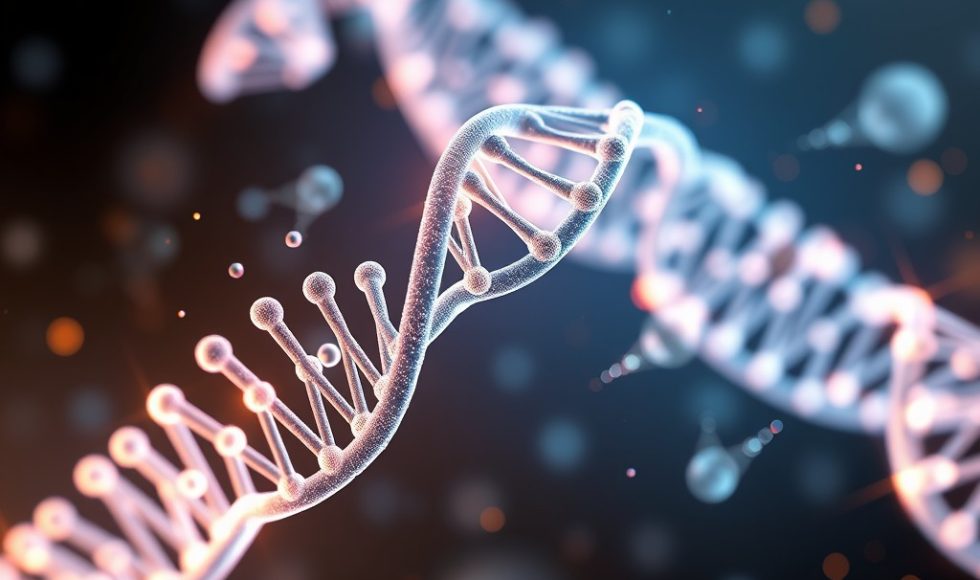London Calling 2024 had a Clinical & Biopharma Day on Friday, May 24, 2024. There was an expert panel on “Rare diseases reimagined: genomics in early detection and precision therapies” that I started watching tonight. Nabihah Sachedina, the VP of Health Programs with Oxford Nanopore Technologies (ONT) moderated the session. Five speakers were part of the panel and had an opportunity to present their research before questions. Joris Vermeesch at KU Leuven in Belgium was the first speaker. They spoke about their interest in cytogenetics and rare disease causes. Vermeesch has been exploring long-read sequencing to enable single-cell haplotyping and genotyping. Prenatal diagnostics with fast-track ONT may help report results in one day, explained Vermeesch. The next speaker was Nick Seddon with Optum Genomics. Seddon was involved with Genomics England before working with Optum Genomics. They explained how the United Health Group is massive and uses data for analytics. The organization has thousands of clinicians and pharmacists. Seddon is excited about the opportunity to use sequencing for diagnostics and treatment. They explained that the cost of sequencing a genome has been compressed dramatically. However, testing and regulation are still developing. Seddon spoke about using test results and utilization patterns for biomarkers. The organization has several programs to accelerate the path to market. Danny E. Miller was the next speaker. Miller is at the University of Washington and active in the clinic. Miller spoke about not having a diagnosis for some of his pediatric patients. Miller thinks long reads will drive rapid diagnosis and treatment. Emma Baple, a professor at the University of Exeter and South West NHS Genomics Laboratory Hub in the UK was the next speaker. Baple is a genetics doctor and spoke about timely tests and cost-effective treatments. Baple wants to continue and improve the rapid genomic diagnosis of unwell children. Baple believes that long-read sequencing takes away some of the inequalities: you now may not need parental DNA. They want long-read sequencing to be the accredited test. At the moment, Baple thinks the needs are stable chemistry, guidelines, and data visualization tools. Paul Arvidson from Genomics England and SWAN in the UK. Arvidson is also a poet and creative artist. Arvidson is a parent, and their first child, born in 2008, has a rare disease. Arvidson is on the patient panel for Genomics England. SWAN is “Syndromes Without A Name,” and Arvidson is active with this organization. Arvidson also spoke about poetry from parents with kids with rare diseases. They read a poem they wrote about the DNA in the nucleus of their child’s cells and using technologies to understand how this was affecting their muscles. The five panelists were then invited to the stage to answer questions. I love the variety of careers and perspectives in this session.



